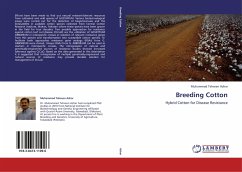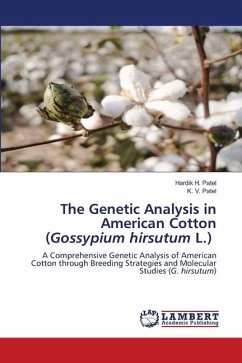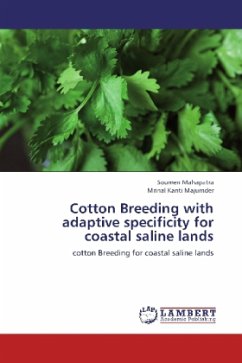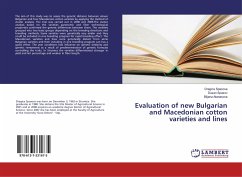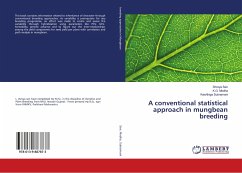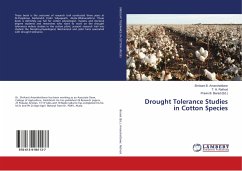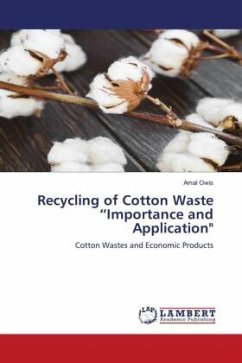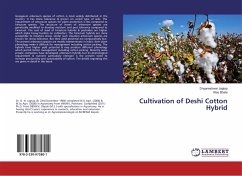Efforts have been made to find out natural resistant/tolerant resources from cultivated and wild species of GOSSYPIUM. Various biotechnological assays were carried out for the detection of begomoviruses and the betasatellite in available cotton species collected from Central Cotton Research Institute, Multan, Pakistan where these species have been grown in the field for four decades. Two possible approaches for resistance against cotton leaf curl disease (CLCuD) are the utilization of GOSSYPIUM ARBOREUM in interspecific crosses or isolation of relevant resistance genes from this species and transformation into susceptible cotton species. To facilitate both approaches resistance gene analogs (RGAs) from G. ARBOREUM were cloned. Unique RGAs from G. ARBOREUM can be used as markers in interspecific crosses. The introgression of natural and genetically-engineered sources of resistance studies showed increased tolerance against CLCuD. Based on the data generated in this dissertation itis suggested that introgression of multiple genetically-engineered and natural sources of resistance may provide durable solution for management of CLCuD.
Bitte wählen Sie Ihr Anliegen aus.
Rechnungen
Retourenschein anfordern
Bestellstatus
Storno

